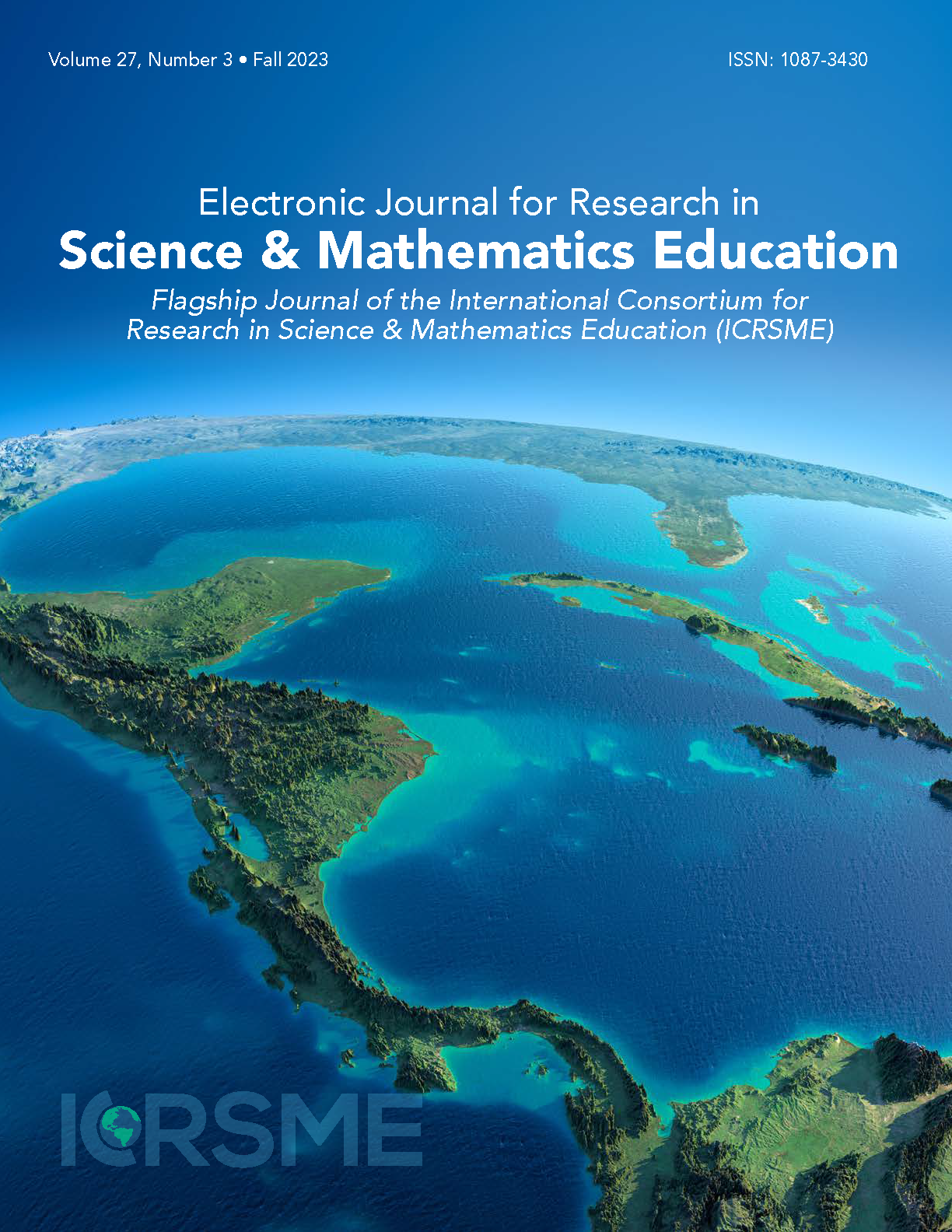Integrating environmental knowledge into a short interdisciplinary course on sustainability
Main Article Content
Abstract
This study examines the efficacy of a novel college sustainability course in promoting relevant environmental knowledge and interest in careers related to environmental aspects within the Taiwanese educational context. The core content of the course covers the essential concepts of sustainability and introduces students to environmental issues and their interrelation with the nexus of food, energy, and water, as well as related economic and social issues. This action competence-focused course was designed to allow students to develop their understanding of sustainability through a combination of engaging lectures, novel group activities, case studies, exercises, and team projects. The sample consisted of 44 Taiwanese undergraduate and graduate students majoring in the science, technology, engineering, and mathematics (STEM) disciplines. Participants’ interest in STEM careers and perceived knowledge were measured by a pre-test and post-test administered before and after the program, respectively. Analyses of variance, correlation analyses, and cross-lagged panel regression analyses were conducted to test four hypotheses. Results of repeated-measure analysis of covariance indicated that knowledge increased significantly from pre-test to post-test, but not career interest. Results of a cross-lagged panel regression analysis also indicated that pre-test knowledge was a significant positive predictor of post-test career interest. By creating an engaging class atmosphere and promoting experiential self-learning activities, this course was highly effective in enhancing students’ knowledge of key sustainability aspects. Implications for interest development theory and sustainability pedagogy are also discussed.
Article Details
© 2025 Electronic Journal for Research in Science & Mathematics Education (EJRSME)
